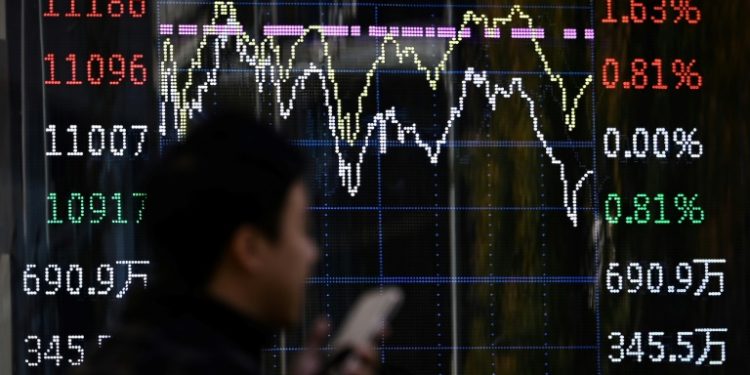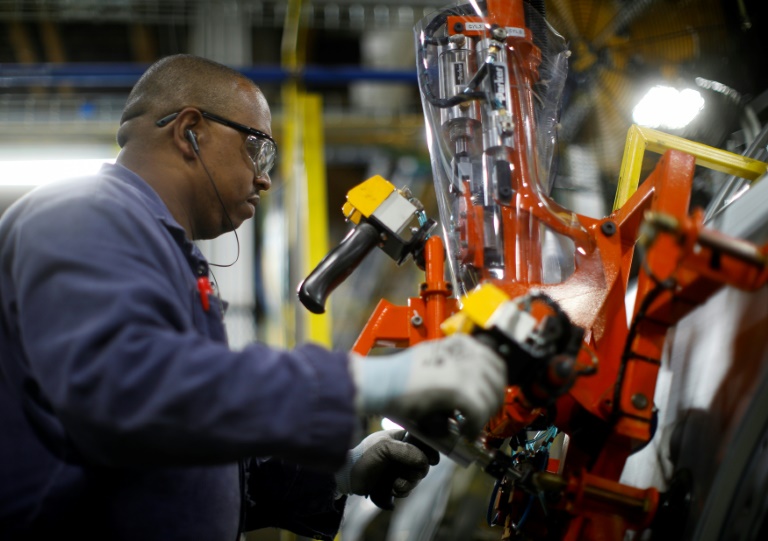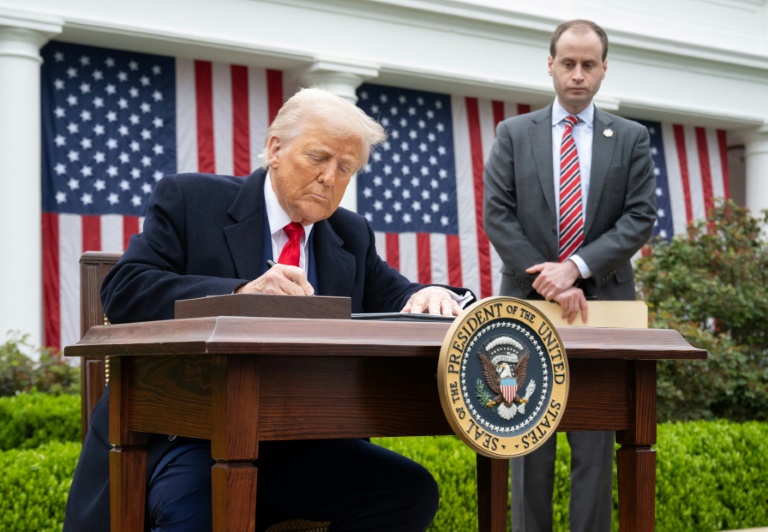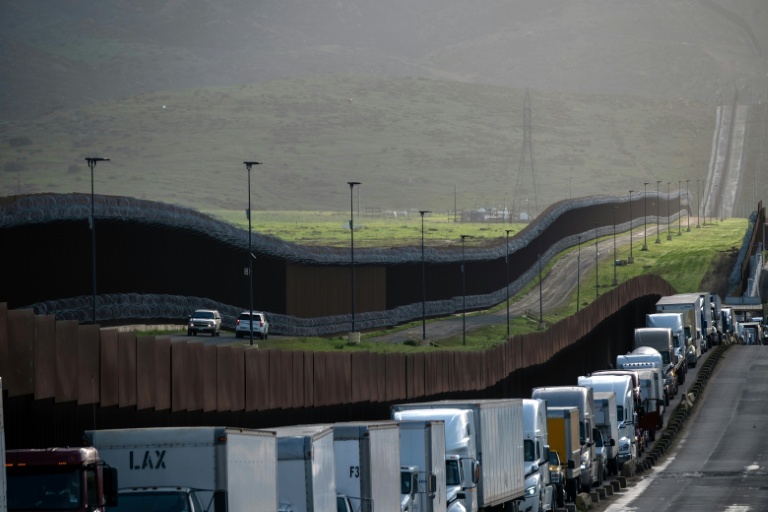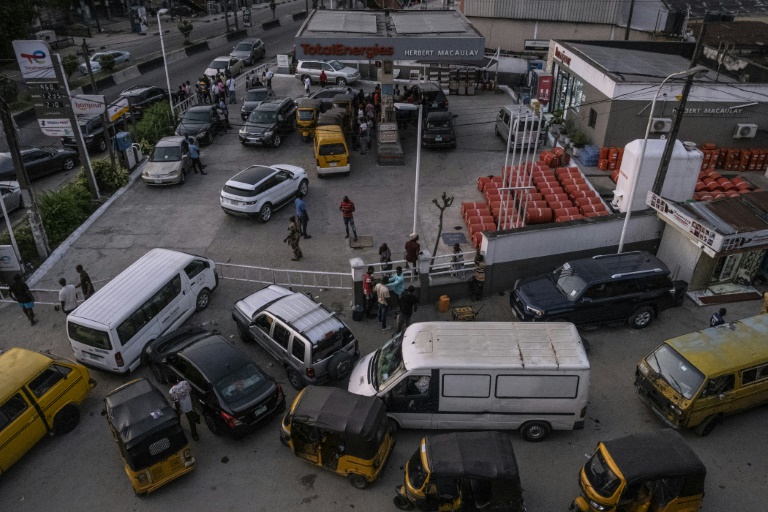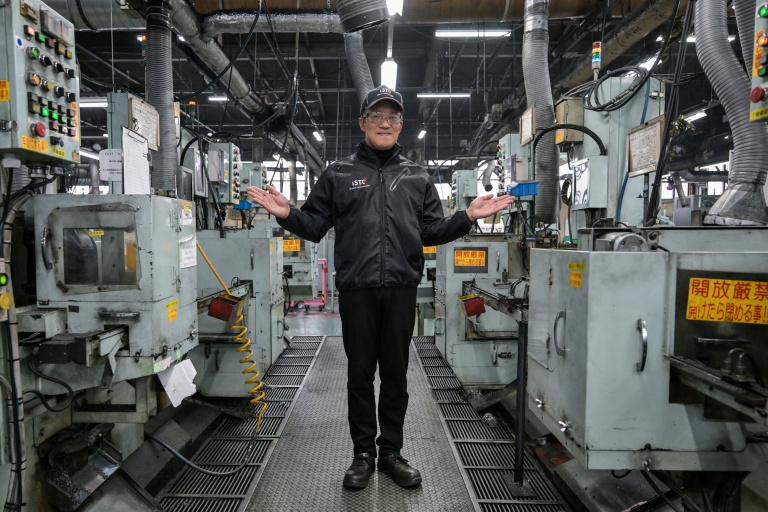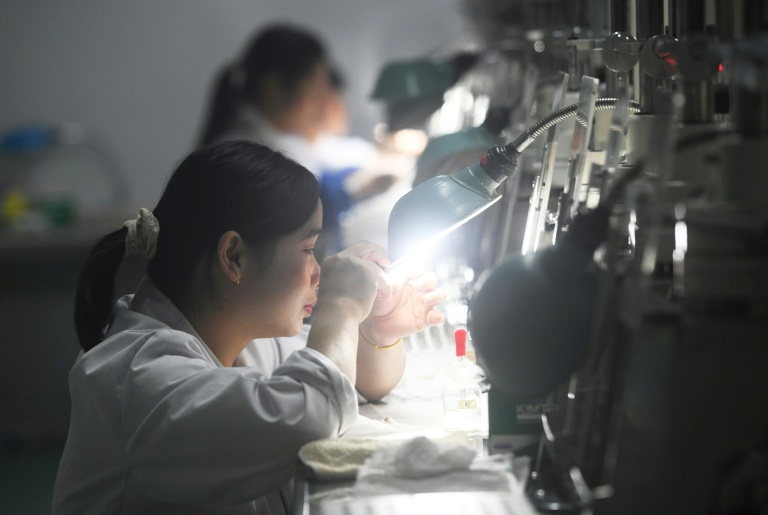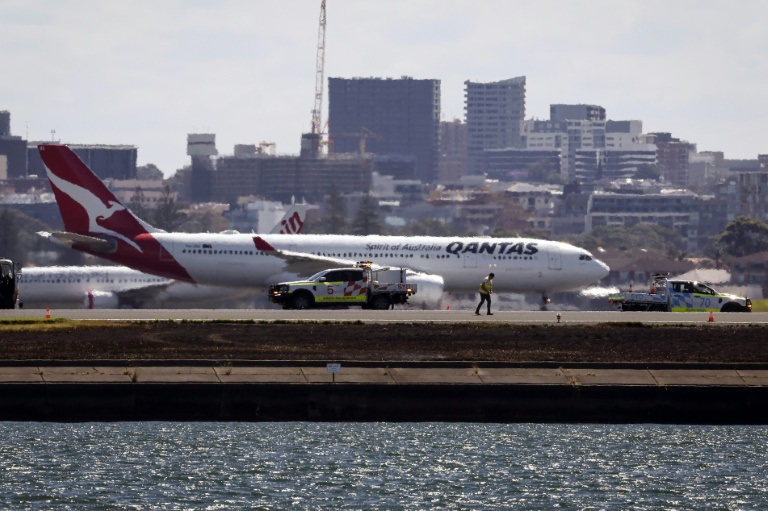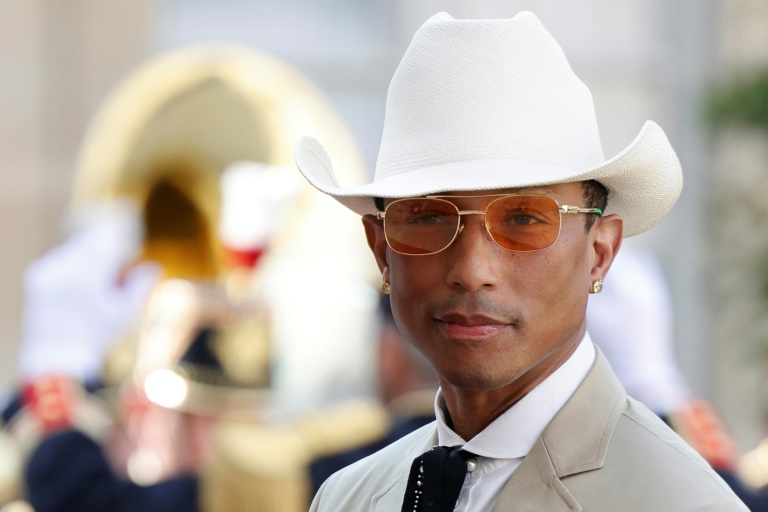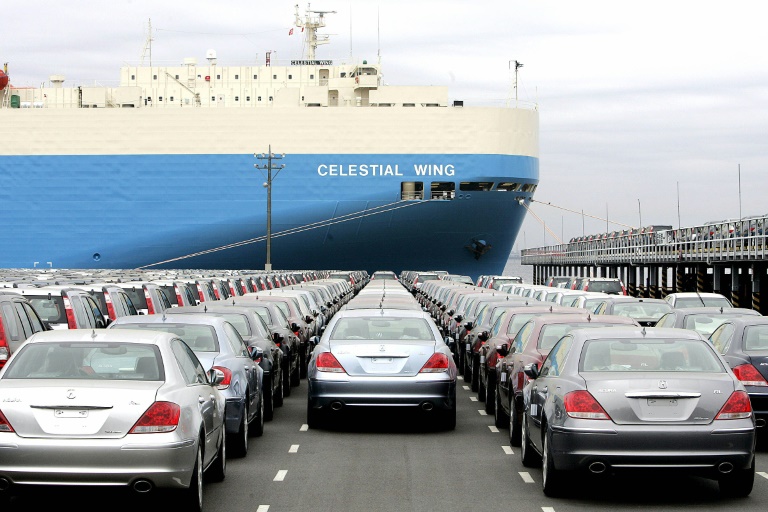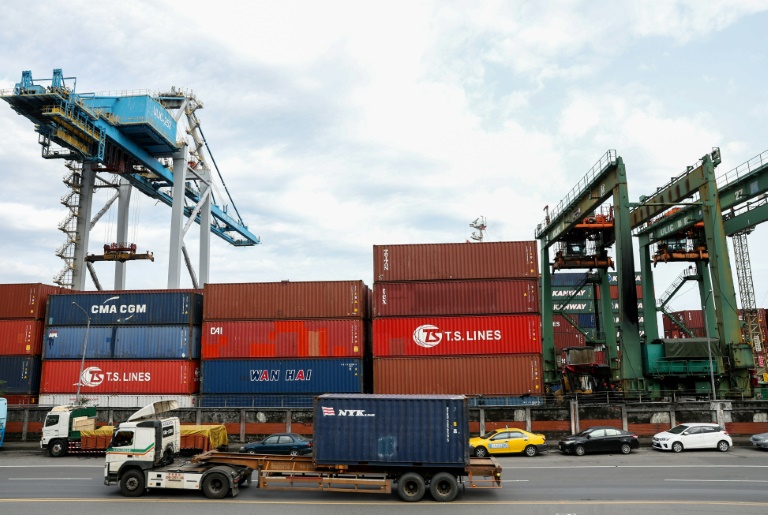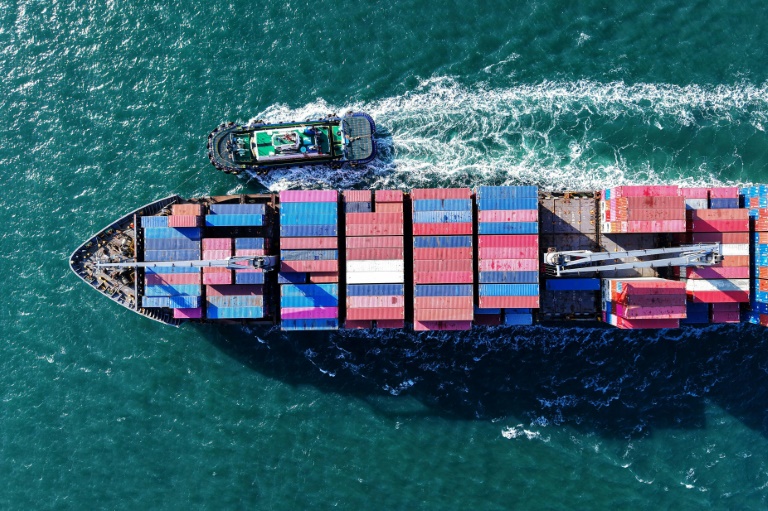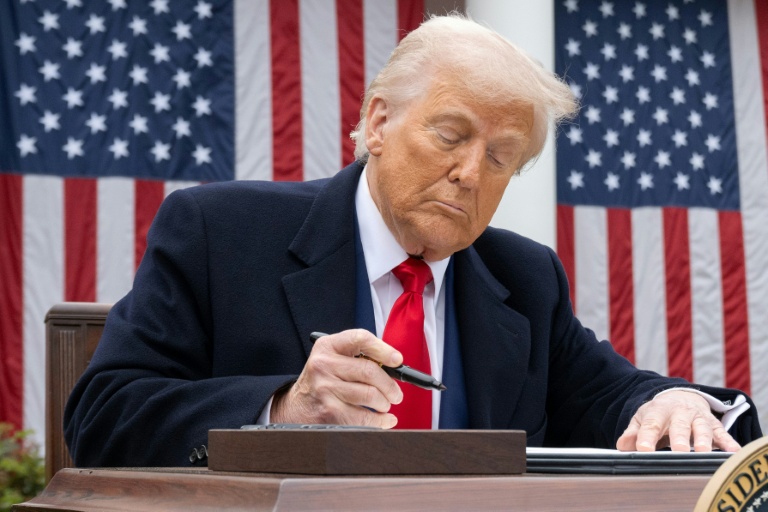Beijing (AFP) – China is expected to unveil a huge support package for the struggling economy Friday as officials wrap up a key meeting eyeing the possibility of intensified trade tensions with US president-elect Donald Trump. Economists predict Beijing will approve hundreds of billions of dollars of help, with a focus on indebted local governments as well as cash for banks aimed at writing off non-performing loans.
Policymakers were keeping tabs on the US vote as they gathered in the Chinese capital this week for a meeting of the country’s top lawmaking body. Trump promised during his campaign to impose punishing tariffs on Chinese goods, which could threaten further grief for the world’s second-largest economy, already grappling with a prolonged housing crisis and sluggish consumption. Observers say Beijing could seek to cushion that blow with a long-awaited “bazooka stimulus” for the economy, though caution suggests details might still take time.
The meeting, originally scheduled for late October, was likely pushed back to allow “policymakers a chance to address a possible Trump win,” said Lynn Song, chief economist for Greater China at ING. “In our view, the odds for a larger policy support package will rise somewhat with a Trump victory,” he added. Trump’s victory is “not necessarily bad for China as this may ‘pressure’ Beijing for a bigger stimulus,” Qi Wang, CIO of UOB Kay Hian Wealth Management, noted.
State media this week reported that officials had reviewed a bill to raise local government debt ceilings. That move, which was touted last month, would allow authorities to borrow more to fund the acquisition of unused land for development—a strategy aimed at pulling the property market out of a prolonged slump. Beijing began to unveil a raft of measures in September aimed at boosting economic activity, including rate cuts and the easing of some home purchasing restrictions, but analysts have bemoaned the lack of detail so far.
Trump’s re-election provides a need for greater urgency, experts say, though caution may still prevail as officials try to avoid further piling on government debt. “Any potential stimulus size may be bigger, but so is the pressure,” said Gary Ng, senior economist at Natixis. “The market may still not get the economic boosters it wants,” he warned.
– ‘Turning point’ –
In Beijing on Friday, people acknowledged recent woes but expressed cautious optimism about the future of their country’s economy. Han Xi, a 32-year-old man from Shanxi province in northern China, began a new auditing job in Beijing this week after resigning from his previous company in April. “I have sent out resumes during this period, but you can see it takes more than half a year to get a new job,” Han told AFP, adding that “many companies are laying off employees right now.”
“But from a macroeconomic perspective, I’m generally optimistic,” Han added. “Even though we’re still in a downturn cycle, I think we are close to the turning point, though we haven’t quite reached it yet.”
Guo Hailong, a 35-year-old from Inner Mongolia, told AFP on Friday that his Beijing noodle shop was receiving noticeably fewer customers. However, he expressed confidence in Chinese leaders’ ability to effectively steer the economy through its current headwinds. “We just do our business well, provide good service, produce good products, and ensure quality,” Guo said. “We can’t do anything if customers don’t come to eat.”
China’s Premier Li Qiang this week said he was “fully confident” that the country would hit its growth target of around five percent for 2024, even after figures showed the economy saw its slowest expansion in a year and a half during the third quarter. In a rare bright spot, data released Thursday showed the nation’s exports surged last month at their fastest pace in more than two years. However, Zhiwei Zhang, president and chief economist at Pinpoint Asset Management, warned, “we cannot rely on exports to carry China’s economy.”
© 2024 AFP

